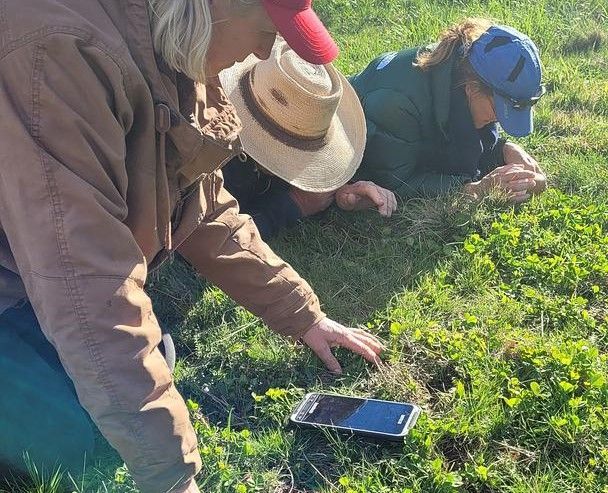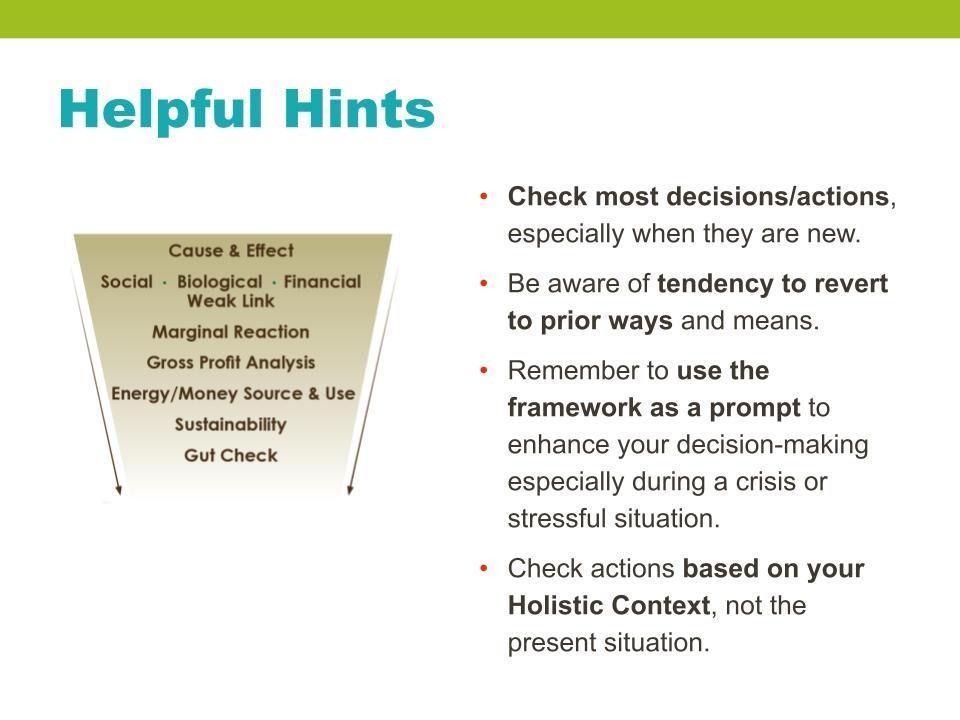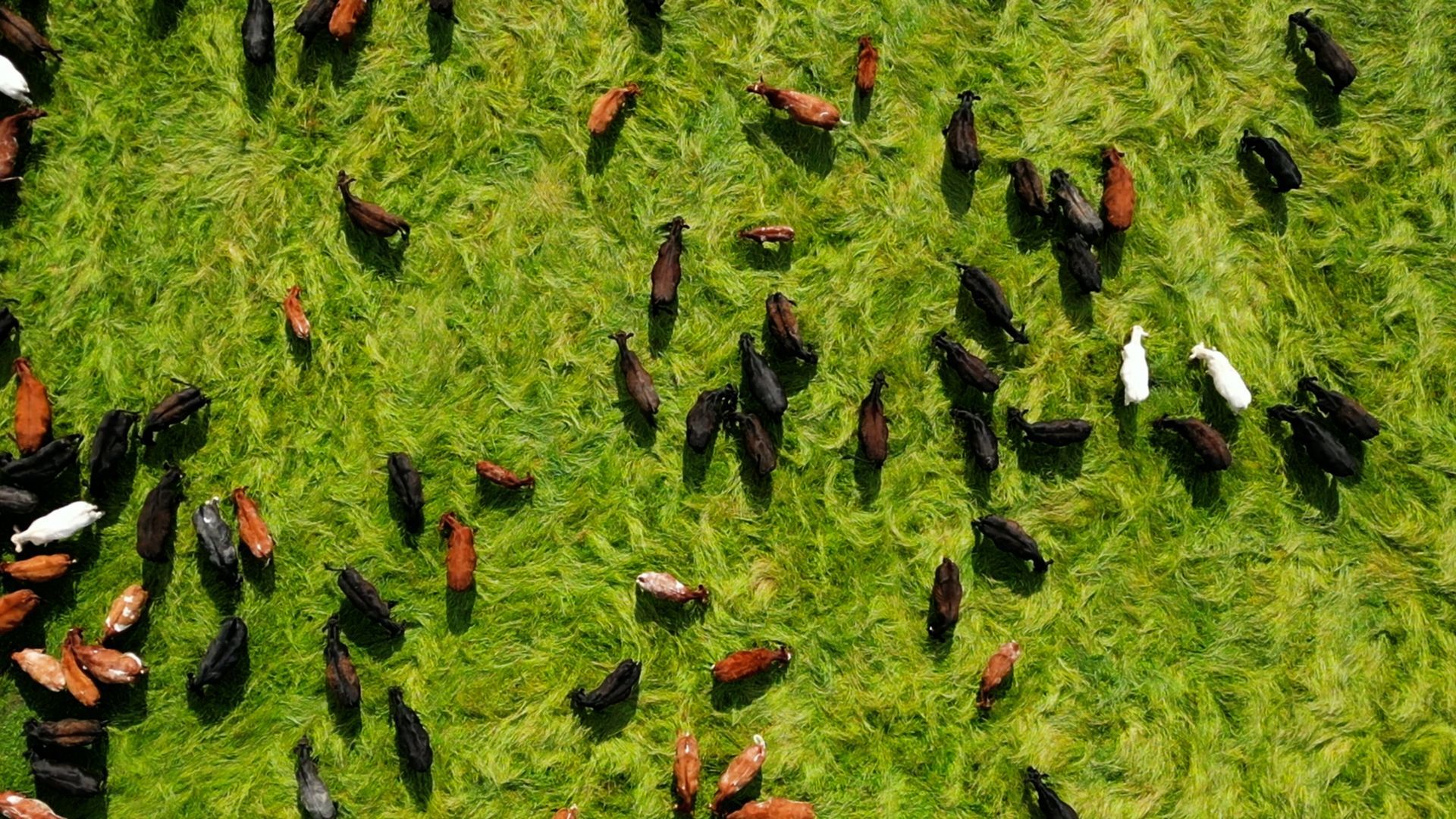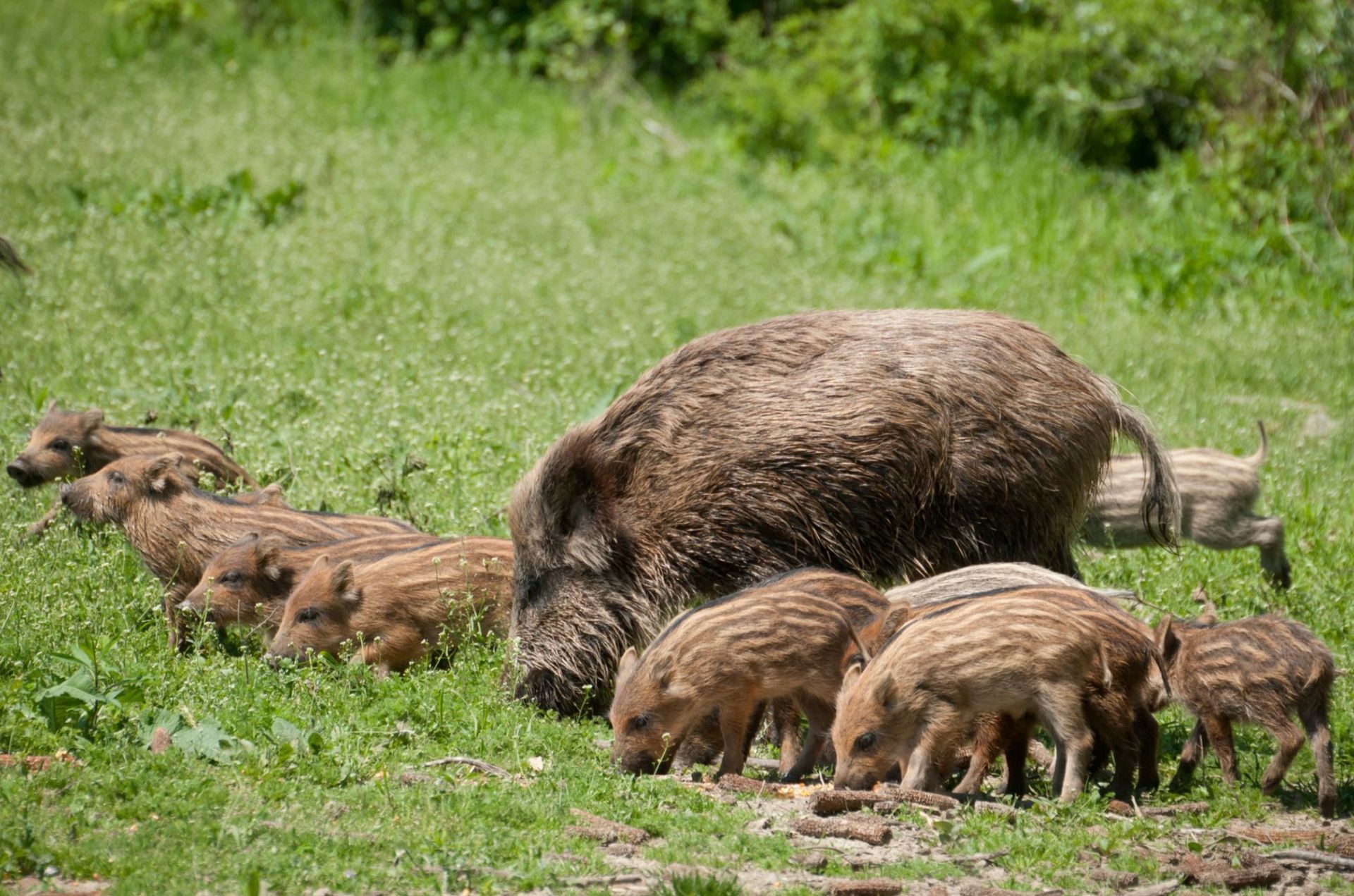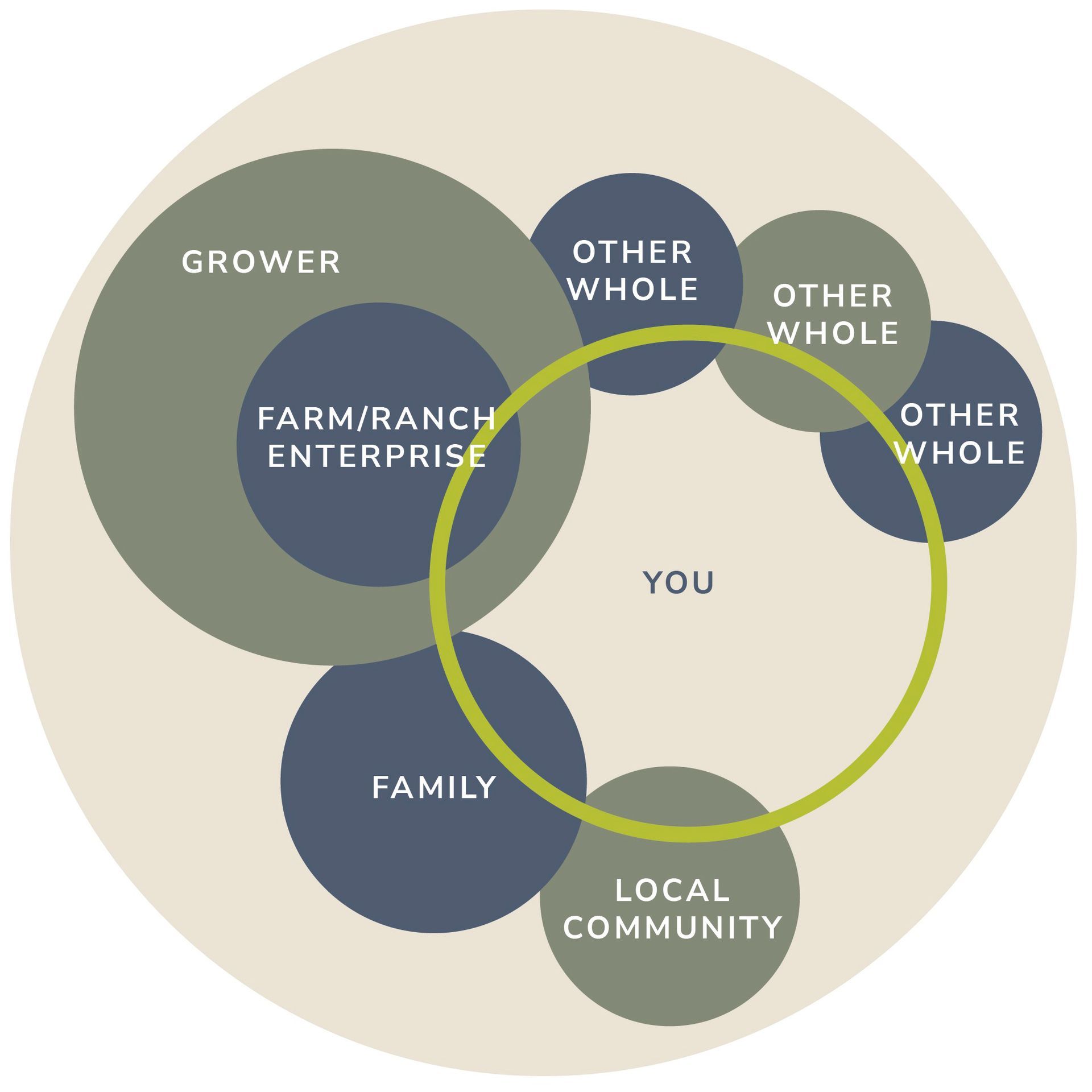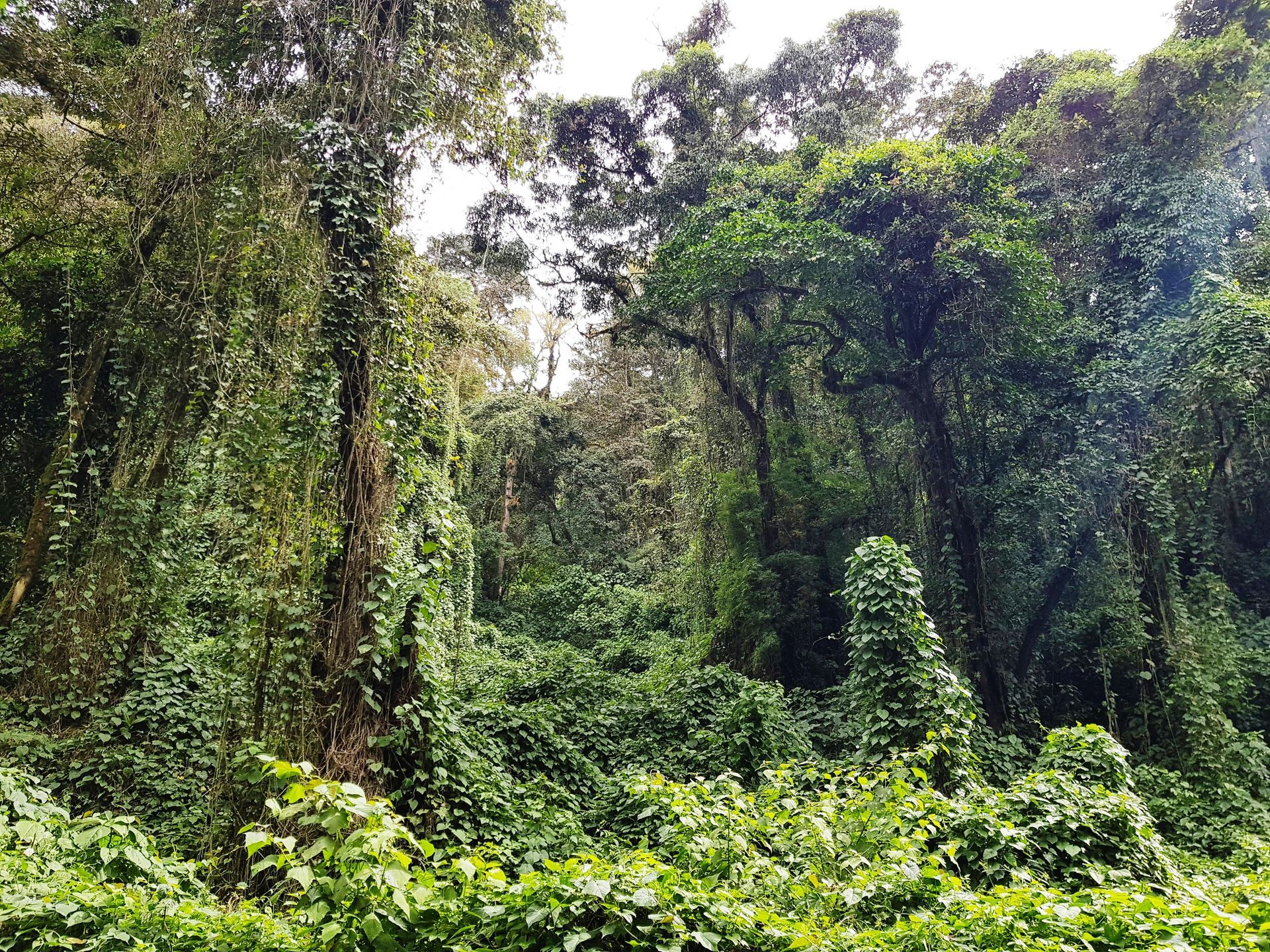This Valentine’s Day, let’s talk about getting dirty.
Why we need to love the land to be able to love each other

It turns out the fertile ground under our feet can have a surprisingly big impact on our capacity to feel love, warmth, and connection. The secret? Nutrient-dense foods grown in well-managed, biologically rich soil help support the hormones that make us feel all fuzzy inside.
There is no love without soil
Our food comes from the soil, and the soil contains all the precursor elements our bodies need to build the hormones that allow us to feel love—so we really should love the soil back.
Healthy soil is alive with microorganisms—bacteria, fungi, and other tiny creatures. They break down organic matter and release minerals such as magnesium, zinc, and iron, which plants absorb through their roots. When we eat these nutrient-packed fruits and vegetables (or consume meat and dairy from animals raised on such pasture), we get a biochemical boost that supports hormone production—especially the neurotransmitters that help us relax and bond, like serotonin and oxytocin.
Nutrients and ‘Love’ Hormones: The Biochemical Banquet
Let’s dish the dirt on some specific nutrients and how they help our bodies whip up that love-laden cocktail of hormones and neurotransmitters:
Magnesium
Often touted as the “relaxation mineral,” magnesium is essential for hundreds of biochemical reactions in the body. One of these is the production of serotonin, sometimes called the “feel-good hormone.” While serotonin isn’t strictly a “love hormone,” it certainly contributes to that rosy sense of well-being that can make us feel more open, affectionate, and, dare we say, smitten.
Zinc
A key player in hormone production, including testosterone and oestrogen (both crucial for libido and overall mood). A deficiency in zinc can leave you feeling as flat as a day-old pancake. Sourcing zinc from well-managed soil gives your body the best shot at a healthy hormonal balance—so you can keep that Valentine’s spark alive all year round.
Iron
No, it’s not just for building swords. Iron transports oxygen in our bloodstream and plays a big role in energy levels. Low iron (anaemia) often means fatigue, which can put a damper on even the snuggliest of evenings. Properly cared-for soil produces foods richer in iron—so you can keep your stamina up for those late-night heart’s desires.
Omega-3 Fatty Acids
While not a mineral, omega-3s are vital for brain health and hormone regulation, including the production of dopamine—a neurotransmitter associated with the reward and pleasure centres of the brain. If you’re grazing livestock on lush, biodiverse pastures, you’re more likely to get meat and dairy products with higher levels of these beneficial fats. Next time someone tells you there’s no romance in a grassy field, point out that’s exactly where some of your love-sparking nutrients are born.
Oxytocin: The Star of the Show
Now, about that big one: oxytocin—often called the “cuddle hormone.” This wondrous peptide is released during moments of intimacy, bonding, and the occasional heart-melting puppy video. While it’s not as simple as “eat more spinach, get more oxytocin,” your overall health and hormone balance can impact how effectively your body produces and responds to oxytocin.
A balanced diet brimming with nutrients (courtesy of healthy soil) helps keep your endocrine system humming, ensuring you’re in tip-top shape to release oxytocin when you connect with others. In other words, a carrot from mineral-rich soil won’t make you fall in love on the spot, but it does fuel the internal processes that keep you primed for those affectionate feelings.
When we manage soil holistically—by rotating crops, using compost, and respecting natural biodiversity—we increase the soil’s nutrient content. That means more vitamins and minerals end up on our plates. And more nutrients mean better support for our bodies, from immune function to love-hormone production. It’s a virtuous cycle: care for the earth, and it takes care of you.
So this Valentine’s Day, remember that the real magic behind that candlelit meal starts way before the food reaches your kitchen. It begins where we all get a little dirty—in the soil itself. Whether you’re sharing a romantic dinner or cooking for loved ones, go for nutrient-rich ingredients grown in healthy land. You’ll be fuelling both your body and your heart.
Glen Burrows
Head of Knowledge Exchange New Foundation Farms



